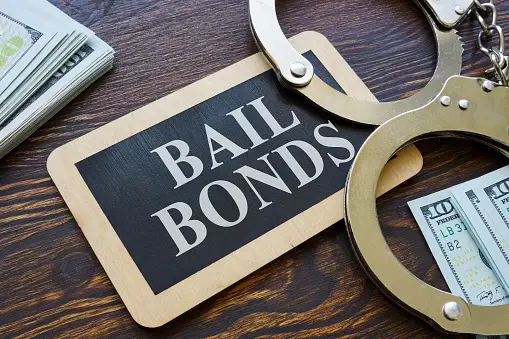Understanding the Bail Process in Texas
The bail process in Texas is a critical aspect of the criminal justice system, allowing defendants to secure their release from custody while awaiting trial. Understanding how bail works can empower individuals and their families to navigate the legal landscape more effectively.
In Texas, bail amounts are typically set by a judge and can vary based on the severity of the crime and the defendant's criminal history. It's essential to know that defendants have the right to request a bail hearing, where they can argue for a lower bail amount or alternative conditions for release.
Types of Bail Bonds Available in Texas
In Texas, there are several types of bail bonds available, each serving different needs and circumstances. Understanding these options can help defendants make informed decisions about their release.
The most common types of bail bonds include surety bonds, cash bonds, and personal recognizance bonds. Surety bonds involve a third-party bail bondsman, while cash bonds require the full bail amount to be paid upfront. Personal recognizance bonds allow defendants to be released based on their promise to appear in court without any financial obligation.
Factors Influencing Bail Amounts in Texas
Bail amounts in Texas can be influenced by various factors, including the nature of the offense, the defendant's criminal history, and flight risk. Understanding these factors can provide clarity on what to expect when facing charges.
How to Choose a Bail Bondsman in Texas
Selecting the right bail bondsman is crucial for a smooth bail process. A reputable bondsman can provide guidance and support while helping navigate the complexities of the bail system.
When choosing a bail bondsman, it’s important to consider their experience, reputation, and fees. Look for licensed professionals with positive reviews and a clear understanding of Texas bail laws. A good bondsman will explain the process, answer questions, and assist in securing the necessary funds for bail.

